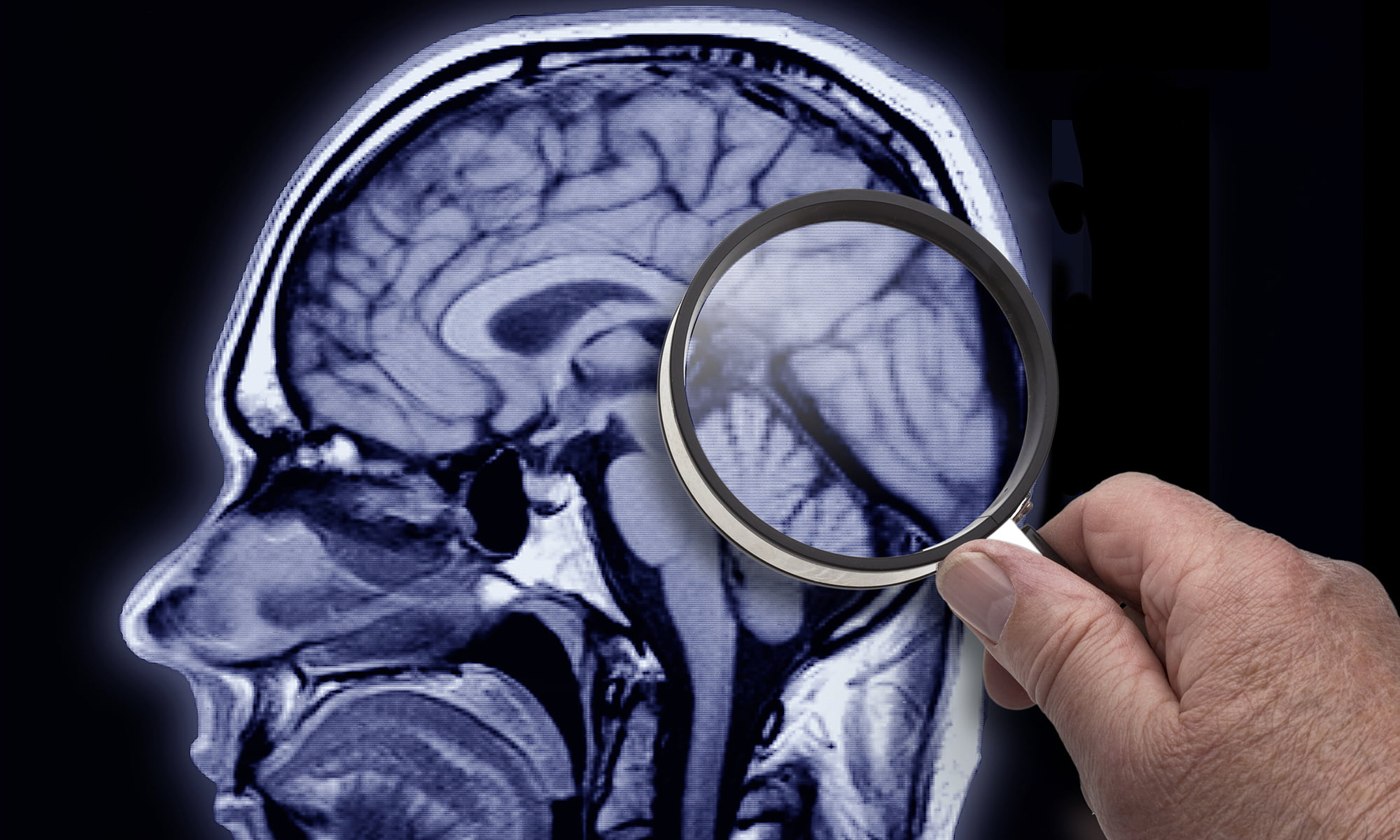Understanding Amnesia
What is Amnesia?
Amnesia, often portrayed in media as a loss of identity, is actually a condition characterized by the inability to retain new information and memories. While individuals with amnesia typically maintain self-awareness, they struggle with learning and memory formation.
Causes of Amnesia
The condition arises from damage to brain regions critical for memory processing. Unlike transient global amnesia, which is temporary, amnesia can be a lasting affliction. Although there’s no cure, managing the root cause and employing memory aids can offer significant support.
Symptoms of Amnesia
Learning and Memory Challenges
Amnesia manifests primarily through difficulties in:
- Acquiring new information
- Recalling past events and familiar details
Short-term memory is particularly vulnerable, with recent events being more susceptible to loss. However, long-standing memories may remain intact.
Cognitive Impact
Contrary to some beliefs, amnesia does not impair intelligence, general knowledge, or cognitive abilities unrelated to memory. Individuals can still process language, learn practical skills, and retain their personality and identity.
Distinguishing Amnesia from Other Conditions
Amnesia should not be confused with dementia, which encompasses broader cognitive deficits and functional decline. Similarly, it differs from mild cognitive impairment, which involves milder memory and cognitive issues.
Additional Symptoms and When to Seek Help
Amnesia can also present with:
- Fabricated or misplaced memories
- Confusion or disorientation
Immediate medical attention is crucial for unexplained memory loss or confusion. Since those with amnesia may be unaware of their condition, assistance from others is often necessary.
By understanding amnesia’s characteristics and symptoms, individuals and caregivers can better navigate the challenges associated with this memory disorder.
The Etiology of Amnesia
Understanding Memory and the Brain
Memory functions are complex and involve various brain regions. Diseases or injuries impacting the brain can disrupt memory processes.
The Limbic System and Memory
Amnesia is often linked to damage within the limbic system, which governs emotions and recollections. Key components include:
- Thalamus: Located at the brain’s core
- Hippocampal formations: Nested in the temporal lobes
Neurological Amnesia: Causes and Types
Neurological amnesia arises from brain trauma or injury. Its potential triggers include:
- Strokes
- Brain inflammation: Due to viral infections like herpes simplex or autoimmune responses
- Hypoxia: Insufficient oxygen from heart attacks, respiratory issues, or carbon monoxide exposure
- Nutritional deficiencies: Such as thiamin shortage leading to Wernicke-Korsakoff syndrome
- Brain tumors
- Neurodegenerative diseases: Alzheimer’s and similar conditions
- Seizures
- Medications: Particularly sedatives like benzodiazepines
- Head injuries: Concussions from accidents or sports
Dissociative Amnesia
A less common form, dissociative amnesia, stems from emotional trauma or shock, often resulting in temporary memory loss.
Risk Factors for Amnesia
Certain experiences may heighten amnesia risk:
- Brain surgery or trauma
- Stroke
- Alcohol misuse
- Seizures
Complications and Quality of Life
Amnesia’s impact ranges from mild to severe, affecting daily life and necessitating supervision or specialized care for those severely affected.
Preventative Measures
Preventing brain damage is crucial in amnesia prevention. Protective steps include:
- Moderating alcohol consumption
- Using protective gear: Helmets while biking, seat belts while driving
- Prompt treatment of infections
- Immediate medical attention: For stroke or aneurysm symptoms, such as severe headaches or unilateral numbness
| Category | Key Points |
|---|---|
| Understanding Amnesia | – Definition and characteristics<br>- Distinction from dementia and mild cognitive impairment |
| Causes of Amnesia | – Role of the limbic system<br>- Types of neurological amnesia<br>- Risk factors |
| Symptoms of Amnesia | – Learning and memory challenges<br>- Cognitive impact<br>- Additional symptoms |
| Diagnosing Amnesia | – Medical history and physical exam<br>- Cognitive tests<br>- Diagnostic imaging and tests |
| Treatment and Management | – Occupational therapy<br>- Technological and low-tech aids<br>- Medications and supplements<br>- Coping strategies and support networks |
| Preparing for an Appointment | – Documentation and list preparation<br>- Questions for the healthcare provider<br>- Expected questions from the doctor |


